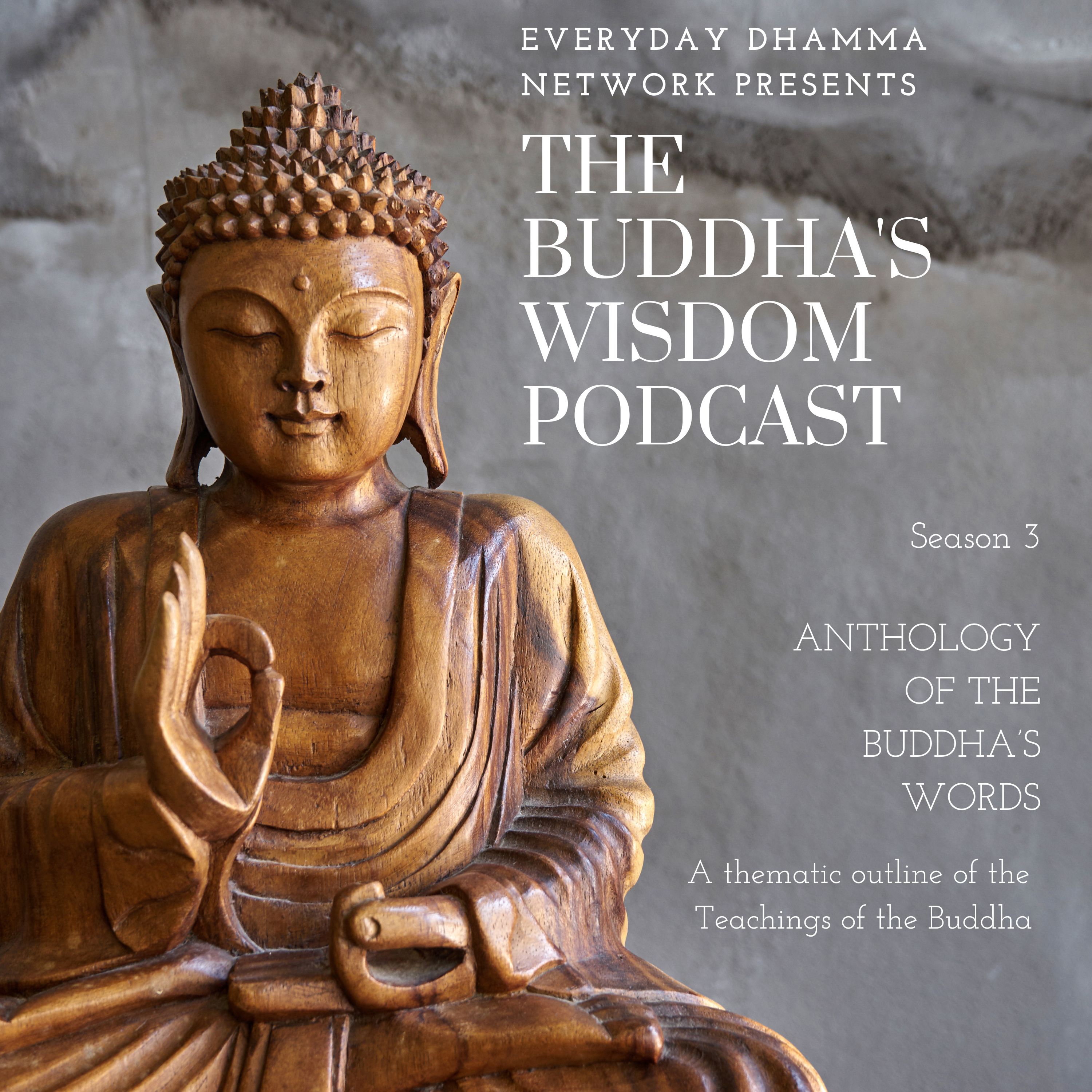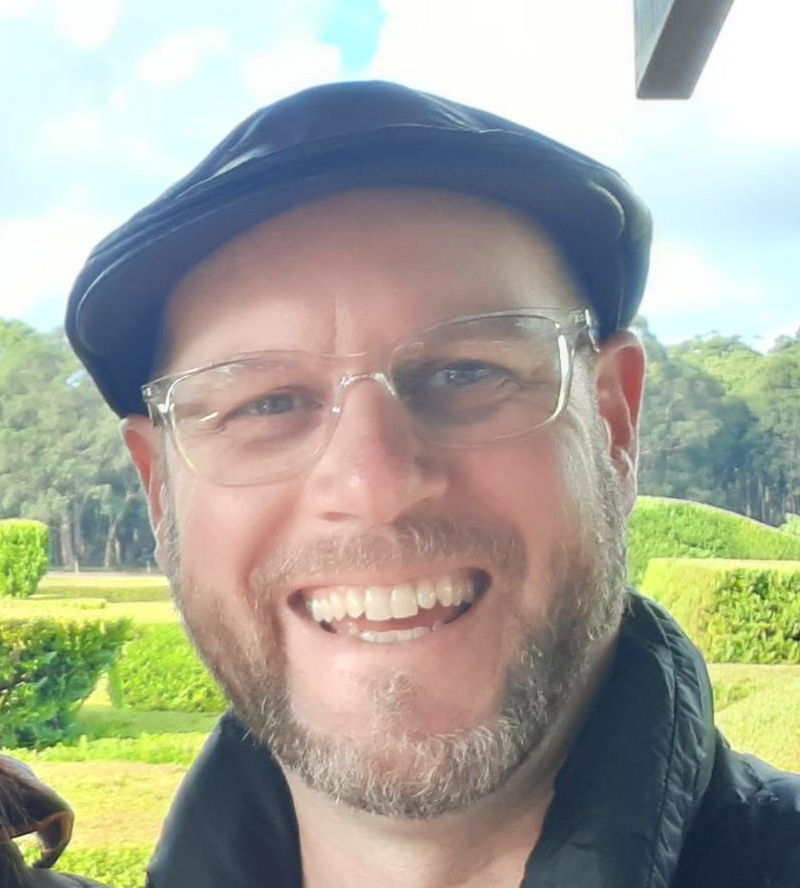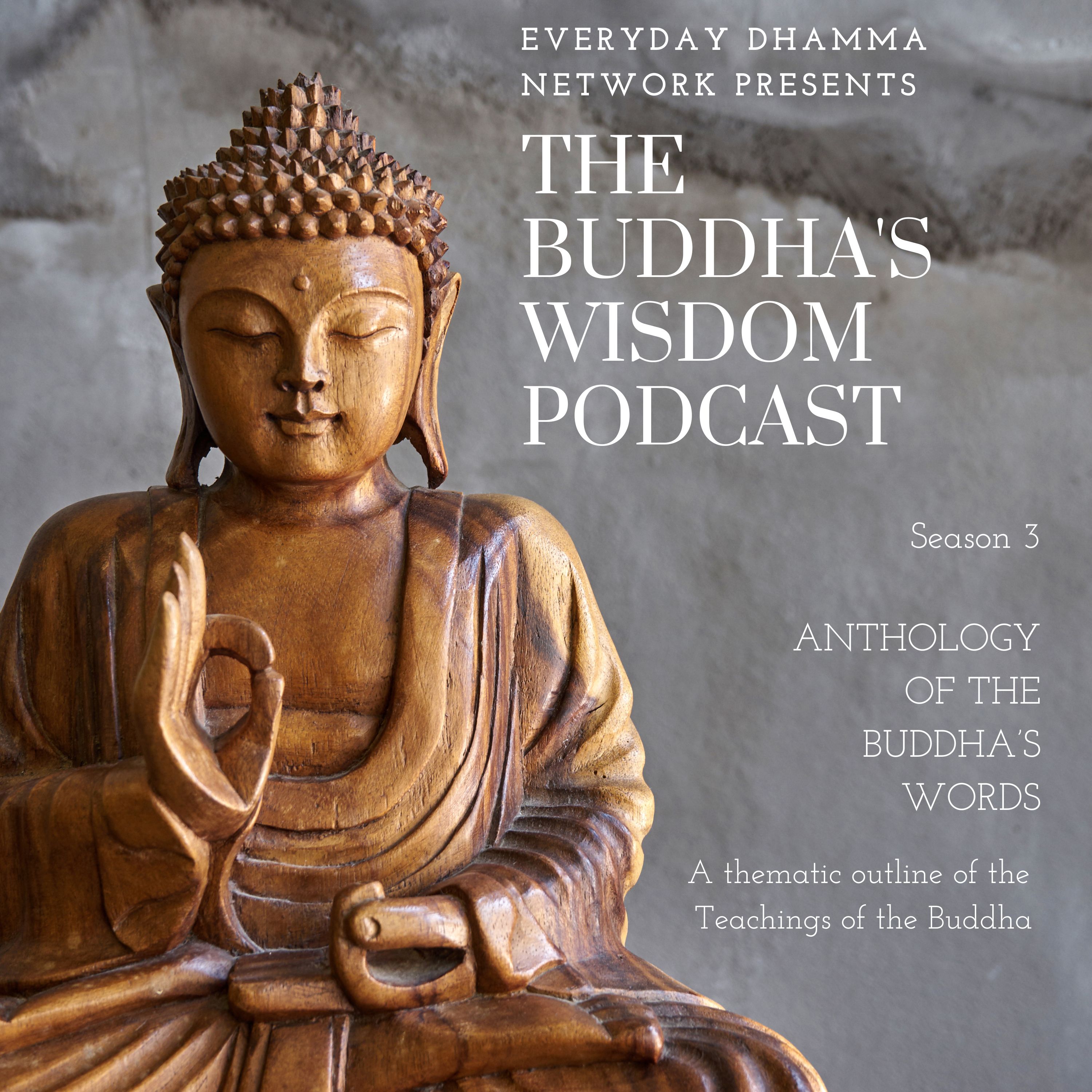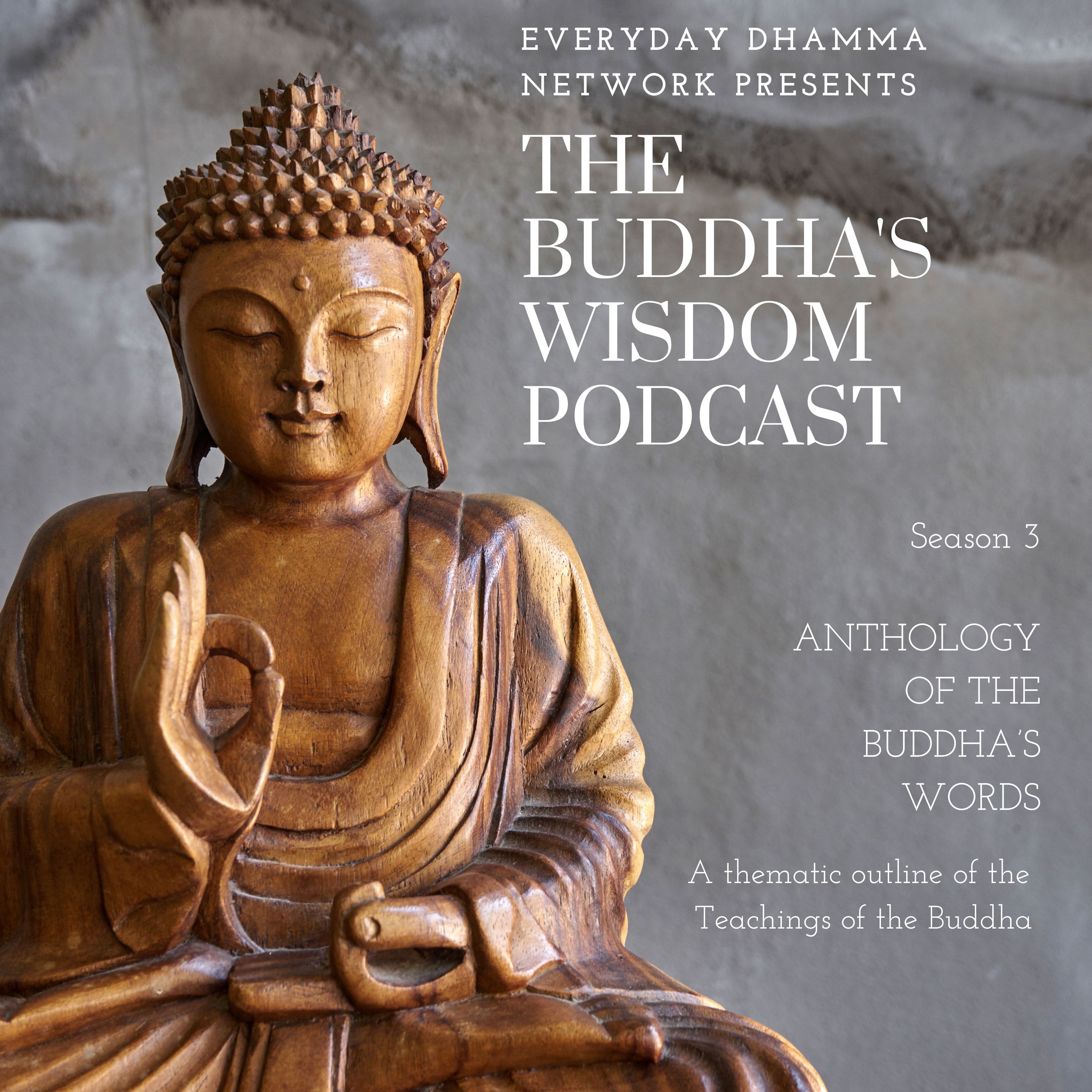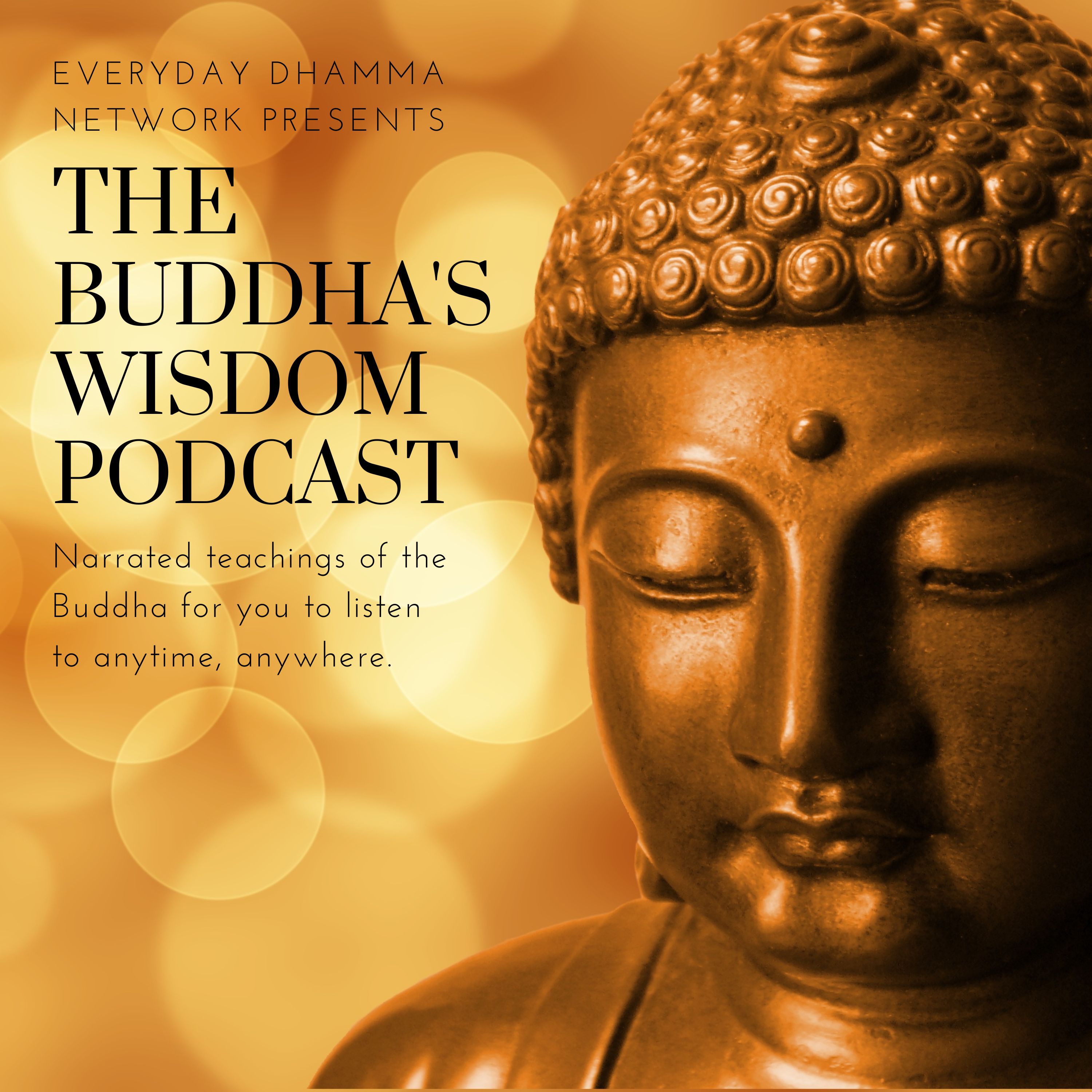Episode Transcript
## Episode 1: Old Age, Sickness and Death
## Sutta 1 - Old Age, Sickness and Death
At Sāvatthī.
Seated to one side, King Pasenadi said to the Buddha, “Sir, for someone who has been reborn, is there any exemption from old age and death?”
“Great king, for someone who has been reborn, there’s no exemption from old age and death. Even for well-to-do aristocrats, brahmins, or householders—rich, affluent, and wealthy, with lots of gold and silver, lots of property and assets, and lots of money and grain—when they’re
born, there’s no exemption from old age and death. Even for mendicants who are perfected—who have ended the defilements, completed the spiritual journey, done what had to be done, laid down the burden, achieved their own goal, utterly ended the fetter of continued existence, and are rightly freed through enlightenment—their bodies are liable to break up and be laid to rest.”
That is what the Buddha said. …
> “Fancy chariots of kings wear out, and even this body gets old. But the truth of the good never gets old—so the good proclaim to the good.”
>
[SN3.3](https://suttacentral.net/sn3.3/en/sujato?lang=en)
## Sutta 2 - The Simile of the Mountain
At Sāvatthī.
King Pasenadi of Kosala sat to one side, and the Buddha said to him, “So, great king, where are you coming from in the middle of the day?”
“Sir, there are anointed aristocratic kings who are infatuated with authority, and obsessed with greed for sensual pleasures. They have attained stability in the country, occupying a vast conquered territory. Today I have been busy fulfilling the duties of such kings.”
“What do you think, great king? Suppose a trustworthy and dependable man were to come from the east. He’d approach you and say: ‘Please great king, you should know this. I come from the east. There I saw a huge mountain that reached the clouds. And it was coming this way, crushing all creatures. So then, great king, do what you must!’
Then a second trustworthy and dependable man were to come from the west … a third from the north … and a fourth from the south. He’d approach you and say: ‘Please great king, you should know this. I come from the south. There I saw a huge mountain that reached the clouds. And it was coming this way, crushing all creatures. So then, great king, do what you must!’
Should such a dire threat arise—a terrible loss of human life, when human birth is so rare—what would you do?”
“Sir, what could I do but practice the teachings, practice morality, doing skillful and good actions?”
“I tell you, great king, I announce to you: old age and death are advancing upon you. Since old age and death are advancing upon you, what would you do?”
“Sir, what can I do but practice the teachings, practice morality, doing skillful and good actions?
Sir, there are anointed aristocratic kings who are infatuated with authority, and obsessed with greed for sensual pleasures. They have attained stability in the country, occupying a vast conquered territory. Such kings engage in battles of elephants, cavalry, chariots, or infantry. But there is no place, no domain for such battles when old age and death are advancing.
In this royal court there are ministers of wise counsel who are capable of dividing an approaching enemy by wise counsel. But there is no place, no domain for such diplomatic battles when old age and death are advancing.
In this royal court there is abundant gold, both coined and uncoined, stored in dungeons and towers. Using this wealth we can bribe an approaching enemy. But there is no place, no domain for such monetary battles when old age and death are advancing.
When old age and death are advancing, what can I do but practice the teachings, practice morality, doing skillful and good actions?”
“That’s so true, great king! That’s so true! When old age and death are advancing, what can you do but practice the teachings, practice morality, doing skillful and good actions?”
That is what the Buddha said. Then the Holy One, the Teacher, went on to say:
> “Suppose there were vast mountains of solid rock pushing the sky drawing in from all sides and crushing the four quarters.
>
>
> So too old age and death advance upon all living creatures—aristocrats, brahmins, peasants, menials, corpse-workers, and scavengers. They spare nothing. They crush all beneath them.
>
> There’s nowhere for elephants to take a stand, nor chariots nor infantry. They can’t be defeated by diplomatic battles or by wealth.
>
> That’s why an astute person, seeing what’s good for themselves, being wise, would place faith in the Buddha, the teaching, and the Saṅgha.
>
> Whoever lives by the teaching in body, speech, and mind, is praised in this life and departs to rejoice in heaven.”
>
SN3.25 - https://suttacentral.net/sn3.25/en/sujato?lang=en
## Sutta 3 - The Divine Messengers
“There are, mendicants, these three messengers of the gods. What three?
Firstly, someone does bad things by way of body, speech, and mind. When their body breaks up, after death, they’re reborn in a place of loss, a bad place, the underworld, hell. The wardens of hell take them by the arms and present them to King Yama, saying: ‘Your Majesty, this person did not pay due respect to their mother and father, ascetics and brahmins, or honor the elders in the family. May Your Majesty punish them!’
Then King Yama pursues, presses, and grills them about the first messenger of the gods: ‘Mister, did you not see the first messenger of the gods that appeared among human beings?’
They say, ‘I saw nothing, sir.’
King Yama says to them, ‘Mister, did you not see among human beings an elderly woman or a man—eighty, ninety, or a hundred years old—bent double, crooked, leaning on a staff, trembling as they walk, ailing, past their prime, with teeth broken, hair grey and scanty or bald, skin wrinkled, and limbs blotchy?’
They say, ‘I saw that, sir.’
King Yama says to them, ‘Mister, did it not occur to you—being sensible and mature—“I, too, am liable to grow old. I’m not exempt from old age. I’d better do good by way of body, speech, and mind”?’
They say, ‘I couldn’t, sir. I was negligent.’
King Yama says to them, ‘Mister, because you were negligent, you didn’t do good by way of body, speech, and mind. Indeed, they’ll definitely punish you to fit your negligence. That bad deed wasn’t done by your mother, father, brother, or sister. It wasn’t done by friends and colleagues, by relatives and kin, by the deities, or by ascetics and brahmins. That bad deed was done by you alone, and you alone will experience the result.’
Then King Yama grills them about the second messenger of the gods: ‘Mister, did you not see the second messenger of the gods that appeared among human beings?’
They say, ‘I saw nothing, sir.’ King Yama says to them, ‘Mister, did you not see among human beings a woman or a man, sick, suffering, gravely ill, collapsed in their own urine and feces, being picked up by some and put down by others?’
They say, ‘I saw that, sir.’
King Yama says to them, ‘Mister, did it not occur to you—being sensible and mature—“I, too, am liable to become sick. I’m not exempt from sickness. I’d better do good by way of body, speech, and mind”?’
They say, ‘I couldn’t, sir. I was negligent.’
King Yama says to them, ‘Mister, because you were negligent, you didn’t do good by way of body, speech, and mind. Well, they’ll definitely punish you to fit your negligence. That bad deed wasn’t done by your mother, father, brother, or sister. It wasn’t done by friends and colleagues, by relatives and kin, by the deities, or by ascetics and brahmins. That bad deed was done by you alone, and you alone will experience the result.’
Then King Yama grills them about the third messenger of the gods: ‘Mister, did you not see the third messenger of the gods that appeared among human beings?’
They say, ‘I saw nothing, sir.’
King Yama says to them, ‘Mister, did you not see among human beings a woman or a man, dead for one, two, or three days, bloated, livid, and festering?’
They say, ‘I saw that, sir.’
King Yama says to them, ‘Mister, did it not occur to you—being sensible and mature—“I, too, am liable to die. I’m not exempt from death. I’d better do good by way of body, speech, and mind”?’
They say, ‘I couldn’t, sir. I was negligent.’
King Yama says to them, ‘Mister, because you were negligent, you didn’t do good by way of body, speech, and mind. Well, they’ll definitely punish you to fit your negligence. That bad deed wasn’t done by your mother, father, brother, or sister. It wasn’t done by friends and colleagues, by relatives and kin, by the deities, or by ascetics and brahmins. That bad deed was done by you alone, and you alone will experience the result.’
SN3.36 - https://suttacentral.net/an3.36/en/sujato?lang=en
